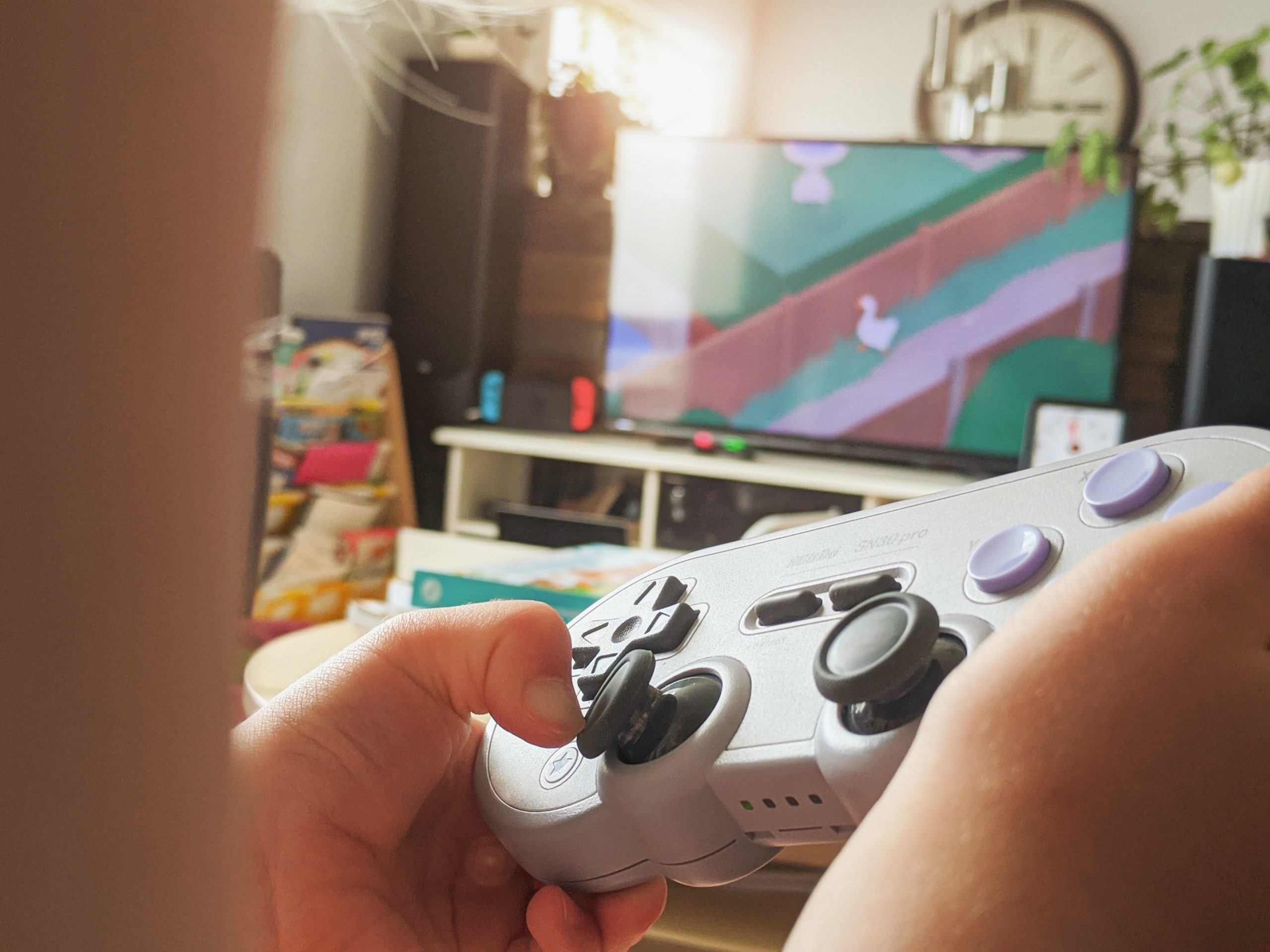Video games open the door to countless learning opportunities. Children are naturally curious and want to learn about things. Video games do a phenomenal job of keeping children engaged and providing immediate feedback. They often spark interests for our children to explore.
My son was playing the video game Subnautica last night before dinner. He was proudly telling us about how he had crafted a new submarine, much larger than our apartment, that was named The Cyclops. During our discussion we dove into the Latin roots of the word – “round and eye” like cycle and optometrist – and then busted out Edith Hamilton’s Mythology to read about the Cyclops Polyphemus. Our conversation meandered into Homer and his epics, how stories are passed down through time, and then back to why the submarine might have been named The Cyclops. We could have dismissed him at the beginning, by saying leave the video game talk to kids, but instead we explored it. Many seeds of interest were planted in a short amount of time by simply talking about a video game during dinner.

Unlike consuming entertainment such as movies, cartoons, and youtube; video games are interactive. Children have to put thought into the video game and make decisions as they play. They have to solve problems and overcome obstacles. Rather than simply consuming, a video game requires thought, planning, strategy, and input.
Many parents unnecessarily see video games as a waste of time. They wish their child would do something else, but do not offer up anything more exciting than the screen. I encourage you to embrace video games as a worthwhile use of time.
Use the following talking points to connect with your child and add more value to their video gaming interest.
- What game are you playing?
- What is the goal of this game? What are you trying to do?
- Tell me about this character. Tell me about this game.
- What does it take to be good at this game?
- What have you gotten better at while playing?
- What are you trying to accomplish in this game? How do you think you will be able to do that?
- Why do you play this game? *
*Keep an eye out on the answer to this question. Hopefully it’s about the fun, playing with friends, learning a new skill, or accomplishing a goal. Be on the lookout for gaming as an escape from reality or better than the real world. That response could indicate an increased tendency towards depression or isolation.
Healthy gaming is a productive use of your child’s time. They are spending time with a hobby that entertains them and can generate interest in a huge number of activities away from a screen.
Books to read on the topic:
- SuperBetter – Jane McGonigal
- Reality is Broken – Jane McGonigal
